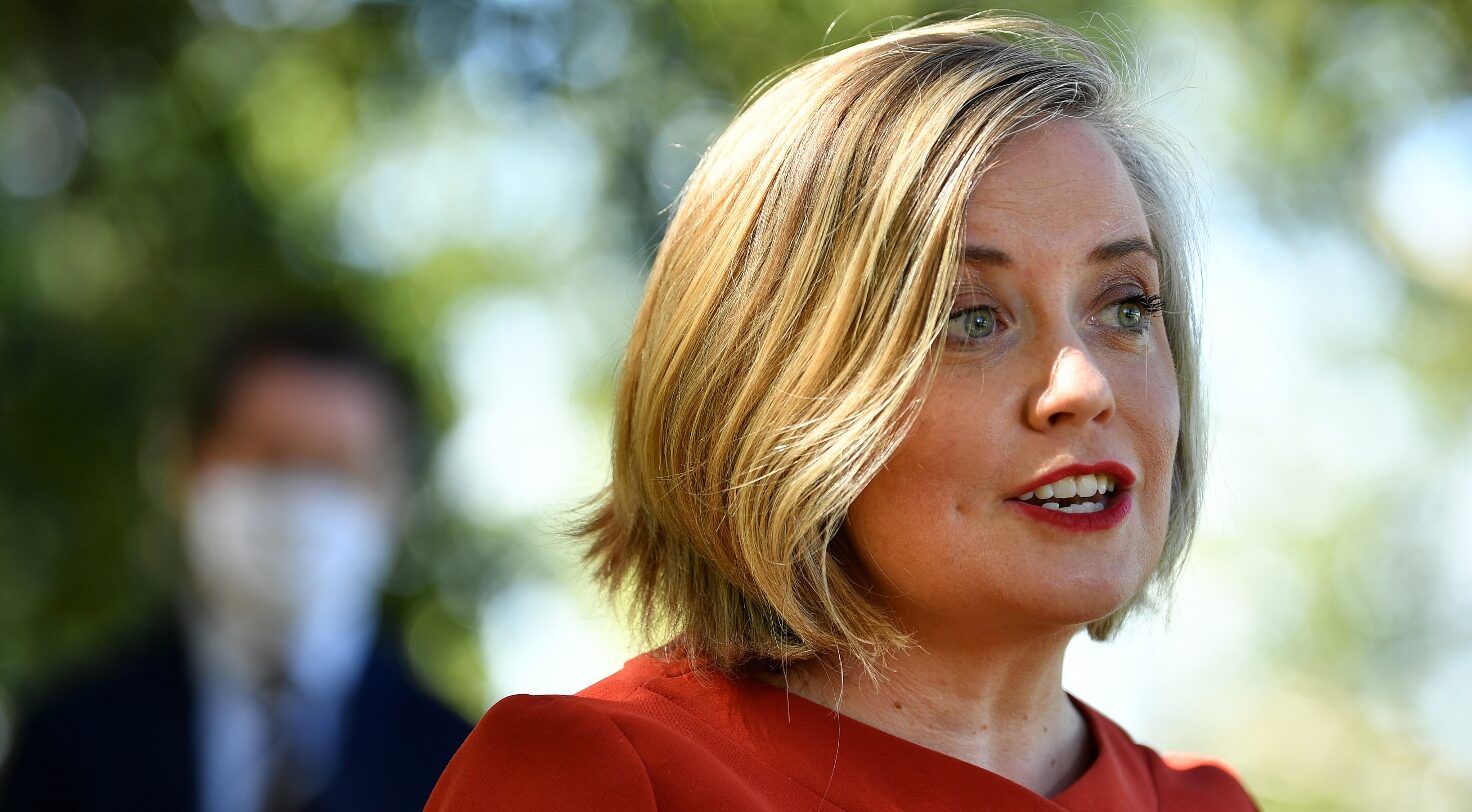
Head to Head looks at Australia Day: Is it a day off or an off day?
This week’s topic: Australia Day is nothing more than a day off: its real meaning is lost, especially to Aboriginals.
Andrew Woodhouse
Warami wellamabami! ‘What are you!’ asked Aboriginals on 26th January 1788 of Governor Arthur Phillip at Circular Quay.
Phillip was a failure. He didn’t ‘conciliate natives’ affections, or ‘live in kindness with them, that they may be turned to the advantage of the colony.’
Many were wiped out by diseases and by purposely purloining 40,000 year-old land usages intrinsic with their identity. Watkin Tench, marine, diarised: ‘Tired of petty warfare and endless uncertainty, the governor captur[ed] some of them.’
Arabanoo was first. Gaoled Guantanamo Bay-style against his will, fettered for four months for interrogation and tortured by isolation, no charges were laid and no trial ever began. No court sat. He died shortly after release on May 18, 1789.
‘Nothing’s changed,’ says Gordon Syron, Aboriginal artist, gaoled in the 1970s, whose artwork, Judgement By His Peers, reverses the colours of the courtroom players to highlight iniquities when one legal culture is saddled to another.
We’re celebrating ‘Australia’ Day and our history ‘ but whose history’
Our self-serving treatment of Aboriginals created a vanilla society at the expense of their culture. This is trauma, like foreigners banning English, mining war memorial sites, stealing land and abducting our children.
Aboriginals have survived even if they haven’t thrived but with unacceptably high infant mortality and crime rates, alcohol problems and poor education: they’re outsiders inside their own land.
We’ve said ‘sorry’ but is sorry, like honesty ‘just a lonely word’, as Billy Joel’s song suggests’ Do we mean it’
The three Rs – (1) Recognition; acknowledging the past, (2) Regret; apologising, and (3) Reconnection; building better futures based on respect ‘ apply to all trauma. No-one learns from their history by hiding it.
The solution is here in our heritage. It’s what we have in common: love of landscapes; places; different peoples, whatever tincture; and things we want to keep.
This is what ‘Australian’ means: a common past and a common future.
Let’s reconnect. Let’s have an Aboriginal Keeping Place at Circular Quay’s Customs House, place of first contact with the First Fleet, as a collage of culture explaining the breadth and beauty of the world’s oldest, living, continuous civilisation.
Let’s celebrate Aboriginal customs in a customs house using our provenance to plot our destiny. Isn’t this is what history is about’
And Arabanoo’s spirit will be soothed.
Peter Whitehead
Surely the real meaning of Australia Day IS about having a day off. A day off at the end of the school holidays for everybody to feel like a teacher, just for a day. A day off to celebrate the intrinsic beauty of the day off. How more Australian can a day be than totally off’
What else could be the real meaning of Australia Day’
January 26, 1788, was when Arthur Phillip’s First Fleet completed its relocation from Botany Bay where it had been morosely moored for a week. It was the first recognition of the prime real estate on Sydney’s Harbour shores. Now we take a day off to congregate on the Harbour foreshore to share that wonder.
Twenty years later the inaugural celebration of that ‘First Landing’ commenced on the evening of the 25th and culminated the next day with the arrest of Governor Bligh by the Rum Corps. It was not only a day off for the mutiny-prone Bligh but also an anti-authoritarian precedent. Perhaps Premier Rees should watch out for Barry O’Farrell and his seditious cohorts barrelling up Macquarie Street under cover of fireworks.
The benign deployment of gunpowder has been an important part of whatever it is we are celebrating. In 1818 Governor Macquarie declared ‘Anniversary Day’ an official day off for government workers and fired a thirty-gun salute.
That was thirty years after the alien sound of gunshot, quickly followed by injury or death, had alerted the original inhabitants of this continent to the merits of an enlightened Civilisation working regular hours.
Aboriginals understood the delights of a day off long before those Pommies splashed ashore with their Protestant work ethic and sense of Imperial destiny.
But not until the 1938 sesquicentennial were celebrations of Australia Day matched by an Aboriginal Day of Mourning. For the Bicentennial there was an ‘Invasion Day’ commemoration. The real meaning of our national day off may be emerging.
After two centuries of inappropriate settlement we all could take pause on our Australia Day off to contemplate how best to celebrate what it is to be an Australian.









